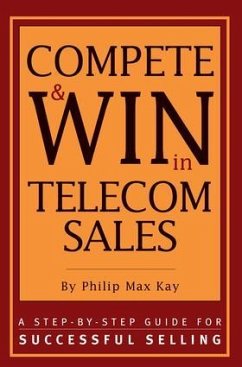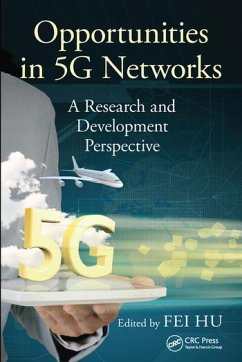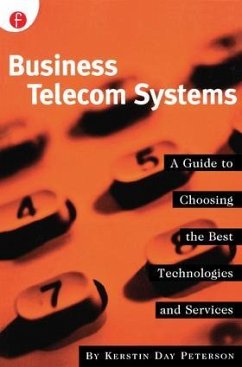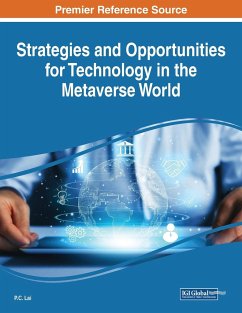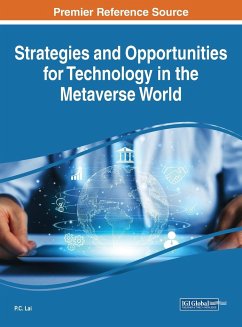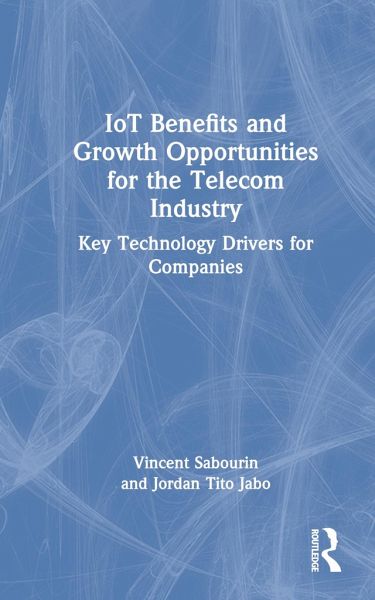
IoT Benefits and Growth Opportunities for the Telecom Industry
Key Technology Drivers for Companies
Versandkostenfrei!
Versandfertig in 1-2 Wochen
62,99 €
inkl. MwSt.
Weitere Ausgaben:

PAYBACK Punkte
31 °P sammeln!
This critical and forward-looking book features: An assessment of the impact of Internet of Things (IoT) on the telecom industry's revenue streams IoT-based business models in the telecom industry A PESTLE (political, economic, socio-cultural, technological, legal, and environmental) analysis of the industry in relation to IoT Key technological drivers. It also features a case study of Bell Canada Enterprises (BCE) Inc., which highlights IoT-based business models in the industry. The study reveals that telecom operators have started implementing IoT projects, however, true revenue streams are ...
This critical and forward-looking book features: An assessment of the impact of Internet of Things (IoT) on the telecom industry's revenue streams IoT-based business models in the telecom industry A PESTLE (political, economic, socio-cultural, technological, legal, and environmental) analysis of the industry in relation to IoT Key technological drivers. It also features a case study of Bell Canada Enterprises (BCE) Inc., which highlights IoT-based business models in the industry. The study reveals that telecom operators have started implementing IoT projects, however, true revenue streams are yet to materialize. Ten IoT-based business models have been identified at BCE Inc. The book points out that operators do leverage existing infrastructure in terms of broadband fiber and mobile connectivity in part and resort to partnerships and acquisitions to acquire much-needed knowledge, technology, and smart devices. Concerning the effect of IoT on the telecoms' revenue streams, it was revealed that new entrants, who are not necessarily in the telecom industry, have impacted the old players' revenue streams. OTT services like YouTube, WhatsApp, IPTV, Netflix, are the biggest culprits. Seven key technological drivers for IoT have been identified and include widespread wireless connectivity, the availability and affordability of microcontrollers, sensors and actuators, the decreasing cost of bandwidth, the recent implementation of IPv6, and the ongoing development of 5G network, as well as the use of cloud computing and analytics. Finally, the PESTLE analysis of the industry shows that the lack of a comprehensive political and regulatory framework still slows down IoT deployment. Interoperability, security, and privacy concerns are other constraints. Conversely, general economic conditions in most developed and developing economies are favorable to the advancement of IoT technology. Governments are willing to subsidize R&D and have partnered with the private sector to speed up the roll-out process.





